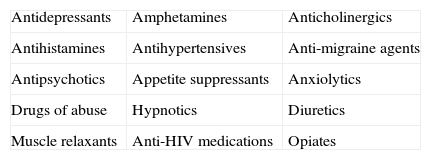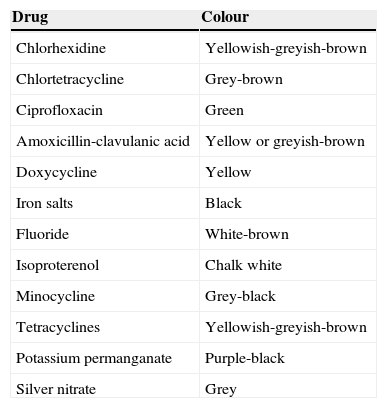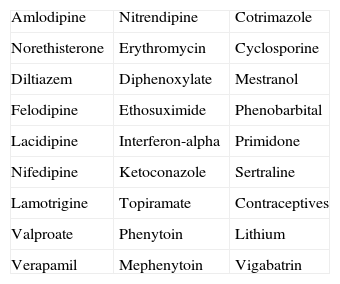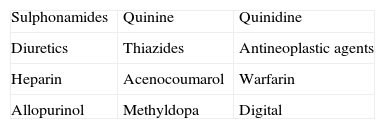Although drugs are the most powerful therapeutic tools we have for improving the quality of life of the population, their use is not free of adverse effects. Today there are many polymedicated patients, and it is difficult to find the cause of their adverse effects that increase exponentially when more than 4 drugs are combined.
There are a large number of drugs that can result in numerous adverse effects in the oral cavity. The most common are xerostomia, altered taste, gingival enlargement and mucositis caused by cancer treatment. We also review other disorders of the salivary glands, oral mucosal changes, pigmentations, halitosis, osteonecrosis, opportunistic infections and bleeding diathesis.
A pesar de que los fármacos son la herramienta terapéutica más potente de la que disponemos para mejorar la calidad de vida de la población, su uso no está exento de efectos adversos. Hoy en día son muchos los pacientes polimedicados, siendo complicado encontrar la causa de los efectos adversos generados por la medicación y aumentando estos de manera exponencial cuando se combinan más de 4 fármacos.
Existe un amplio número de fármacos que pueden dar lugar a numerosos efectos adversos en la cavidad bucal. Los más frecuentes son la xerostomía, las alteraciones del gusto, el agrandamiento gingival y las mucositis producidas por el tratamiento oncológico. También se revisan otras alteraciones de las glándulas salivales, las alteraciones de la mucosa oral, las pigmentaciones, la halitosis, la osteonecrosis, las infecciones oportunistas y las diátesis hemorrágicas.















